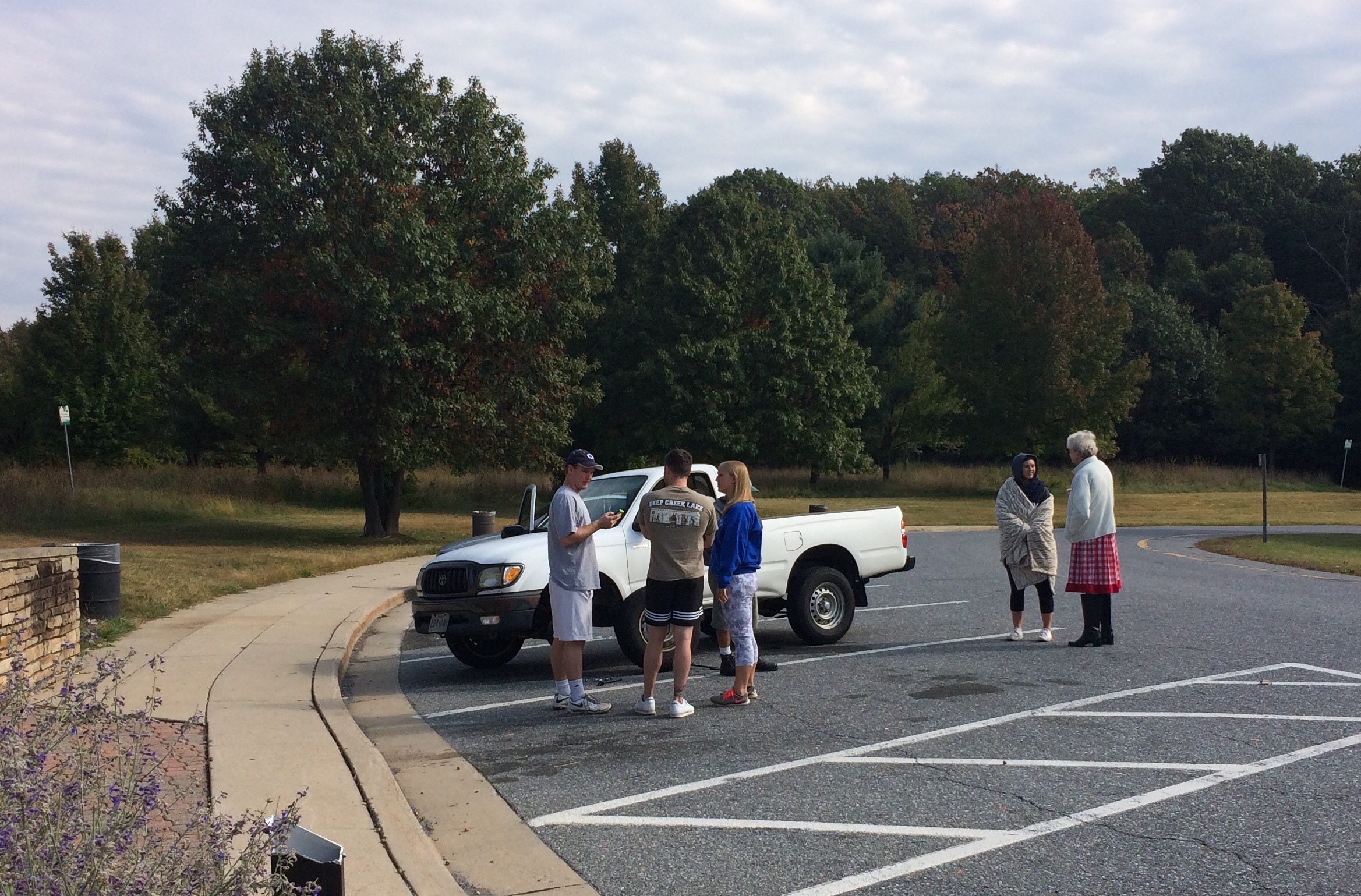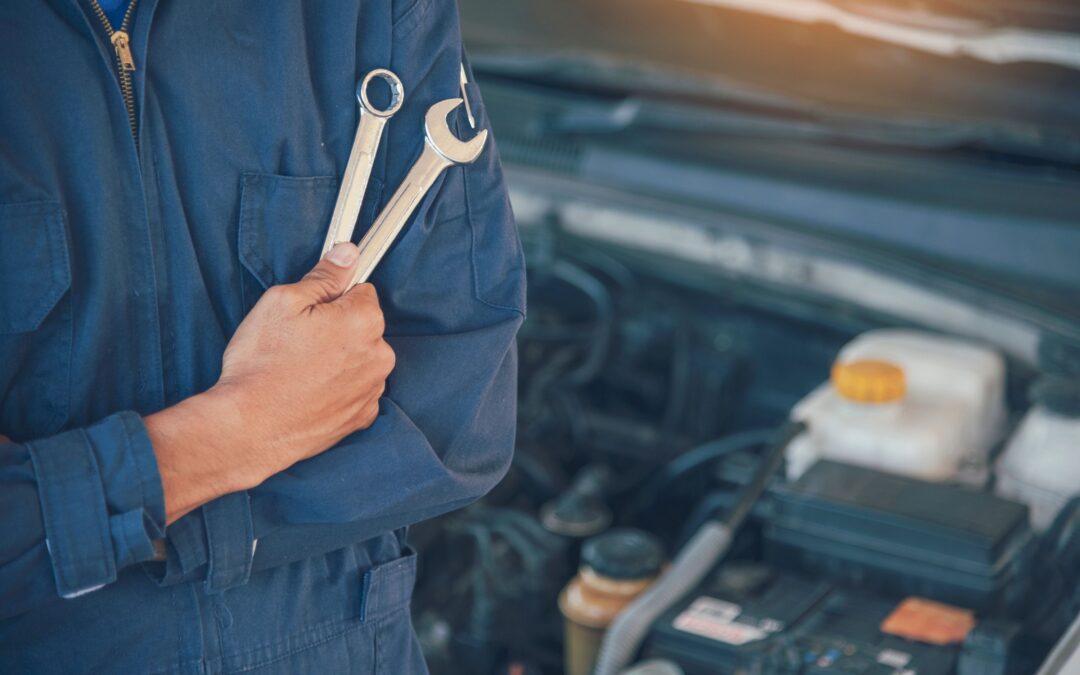One fall weekend, my wife and I were driving north on Interstate 270, going from Urbana to Frederick, Maryland, when we spotted a sign saying “Scenic Overlook.” We had some time to kill so we took the exit. It was a nice place to stop because there’s a great view of the city of Frederick, tucked into this valley that’s bordered by the Catoctin Mountain, the eastern most ridge of the Blue Ridge Mountains.
As we were walking back to the parking lot, I noticed a group of people gathered around a small truck. My curiosity got the best of me, and I wandered over and found an elderly couple explaining a problem they were having with their vehicle. They had pulled off of the road, not for the view, but because the left front brake was staying on all the time making the wheel very hot (and very dangerous to touch). They clearly had honed in on the problem because each time the wind shifted and blew in our direction, the distinct smell of burning brake pads flooded our nostrils.
I walked into the middle of what turned out to be a lengthy discussion on what to do. I joined in after informing the owner of my background in automotive service and repairs. I ended up helping the owner remove the wheel so that I could inspect the left front brake. As it turned out, the brake caliper was locked on. It looked very rusty and old, and I surmised that it was likely one of two things. There was either a build-up of hydraulic pressure in the line to the brake caliper, a brake hose issue, or the caliper was defective. I leaned towards the latter and explained the situation to the owner. Unfortunately, there was nothing that could be done to make the truck safe enough to drive the 30 miles distance to their home. We all agreed that the best plan of action was to call a tow company.
The owner was very upset about the situation because 18 months ago he had spent $900 servicing his brakes. The service had included replacement of the pads, calipers, and rotors. He wanted to know how the original brake calipers could last for 200,000 miles while these calipers only lasted 10,000 miles! I explained that I suspected that the replacement calipers that had been installed were not new but instead were rebuilt. There are not many rebuilders that do a good job of this, so it is extremely difficult to find a quality rebuilt caliper. In fact, most rebuilt brake calipers are simply junk, dangerous, and cheap. Sadly some players in our industry actually purchase and use these parts, prioritizing price over quality.
That’s why it’s important, when you have a brake job performed, to make sure the caliper is very carefully inspected. Chances are, if the car has gone less than 80,000 to 100,000 miles, the caliper will be okay, and the newly installed brake parts (pads and rotors) will perform the same as the original brake parts. If you live in the rust belt or near the ocean, then you may have to replace the calipers before you hit that 80,000 to 100,000-mile benchmark. If this is the case, or you are beyond that benchmark be sure your auto repair shop is using new parts from the original equipment manufacturer; that’s the best option. At a minimum, make sure they are using a high-quality rebuilder, like WBR, Original Performance or Nugeon. Also, ask your auto shop about their warranty. If they are covering repairs for 36,000 miles or 3-years like we are at BA Auto Care, it’s a good place to start.






